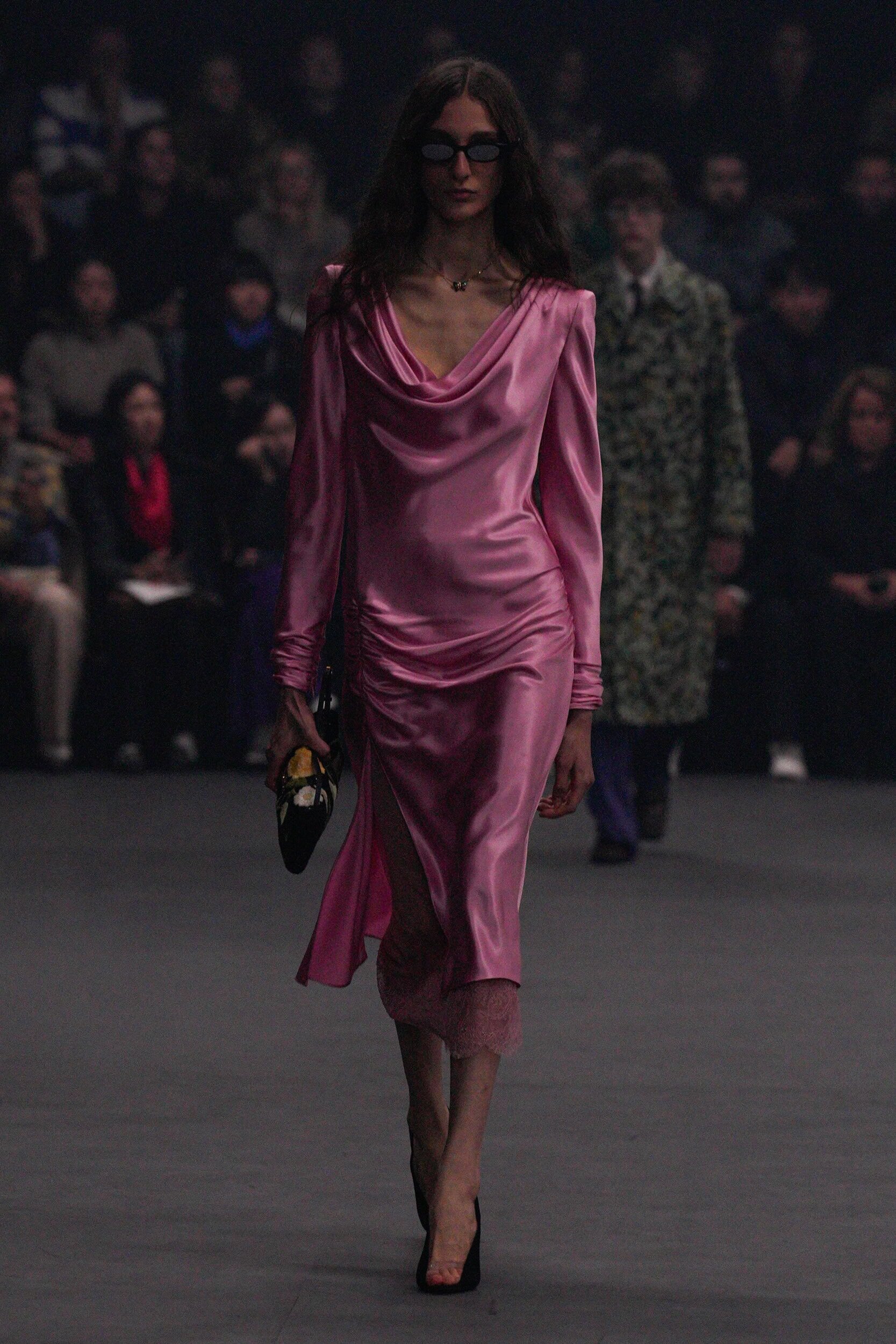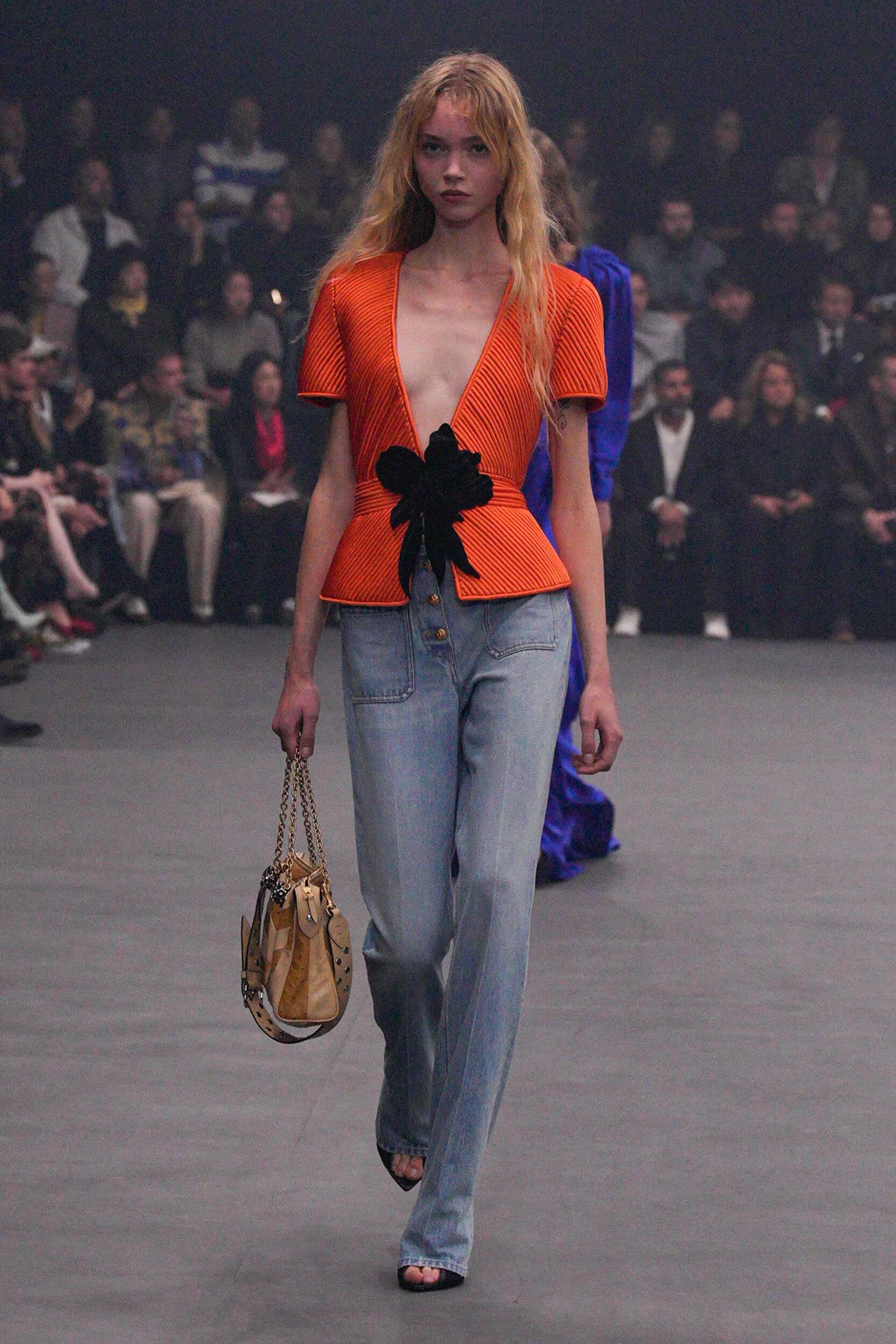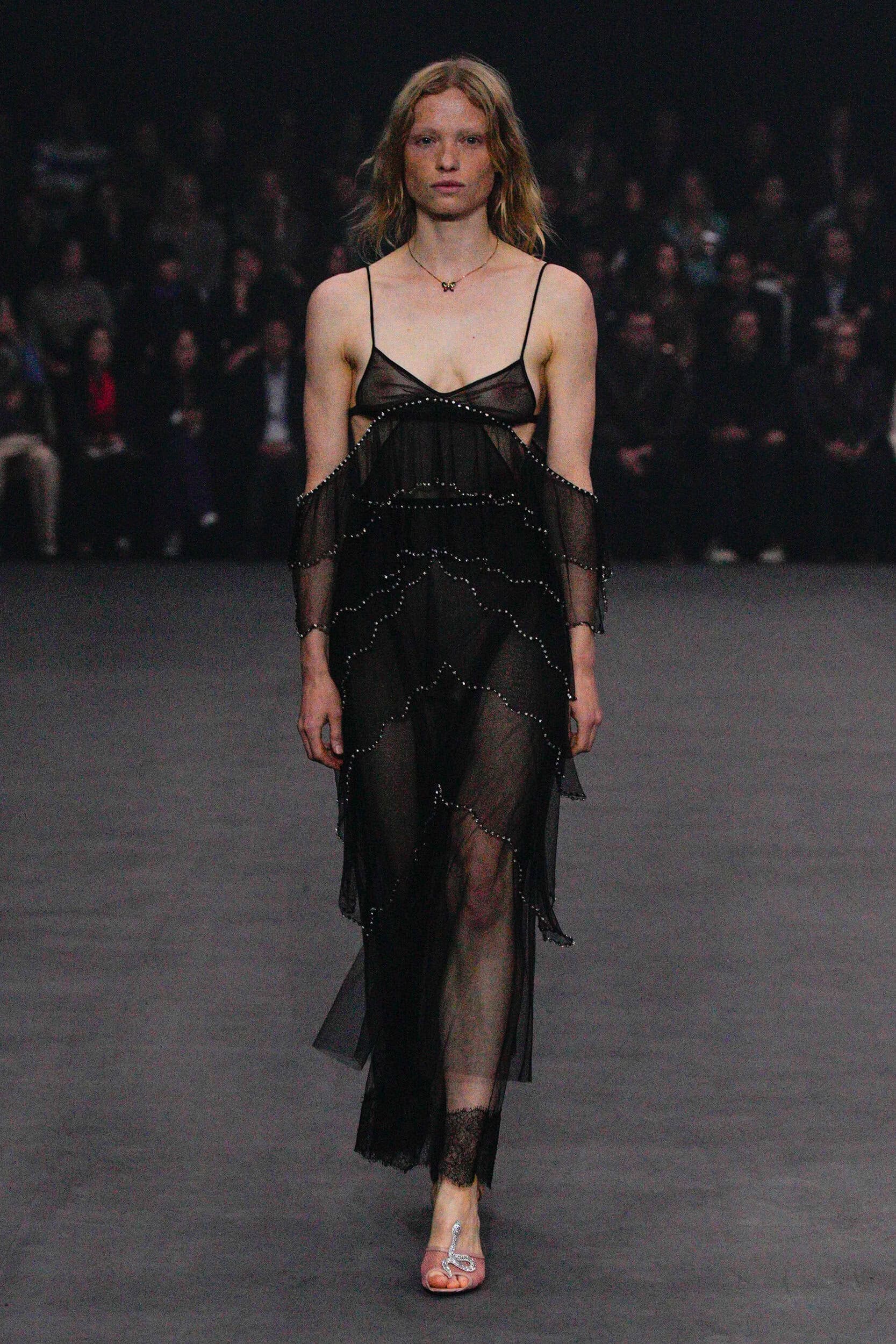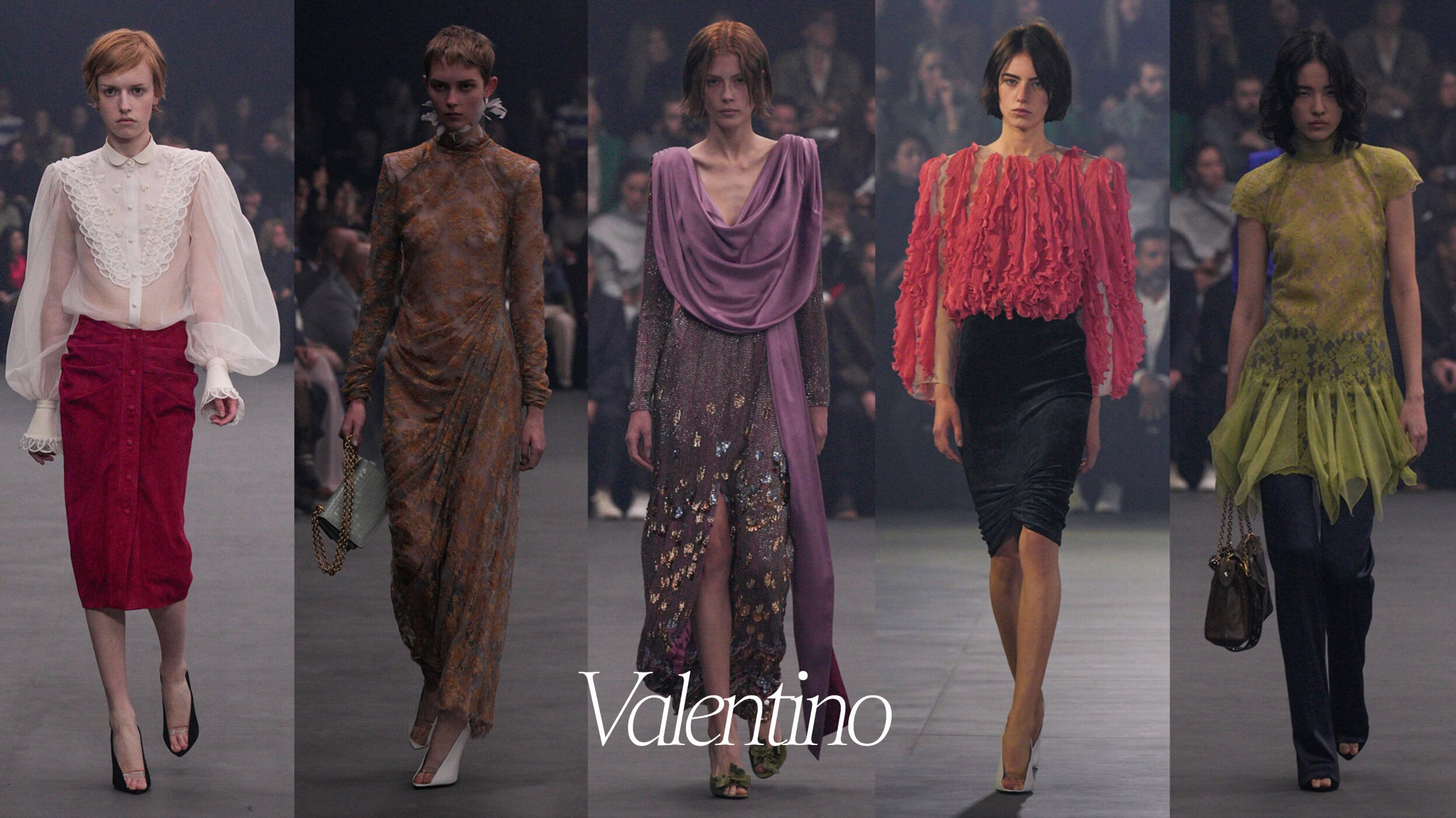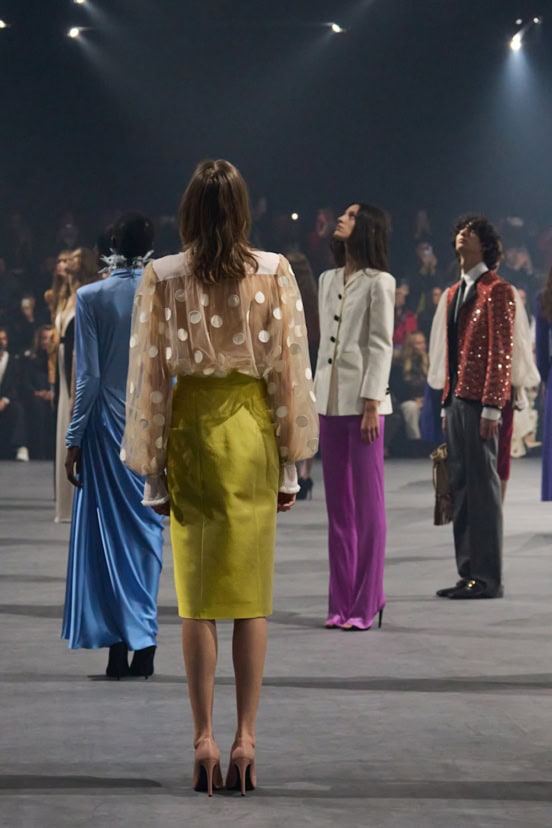Faith in Beauty
Review of Valentino Spring 2026 Fashion Show
By Mackenzie Richard Zuckerman
THE COLLECTION
THE VIBE
Romantic Precision & Devotional Modernity
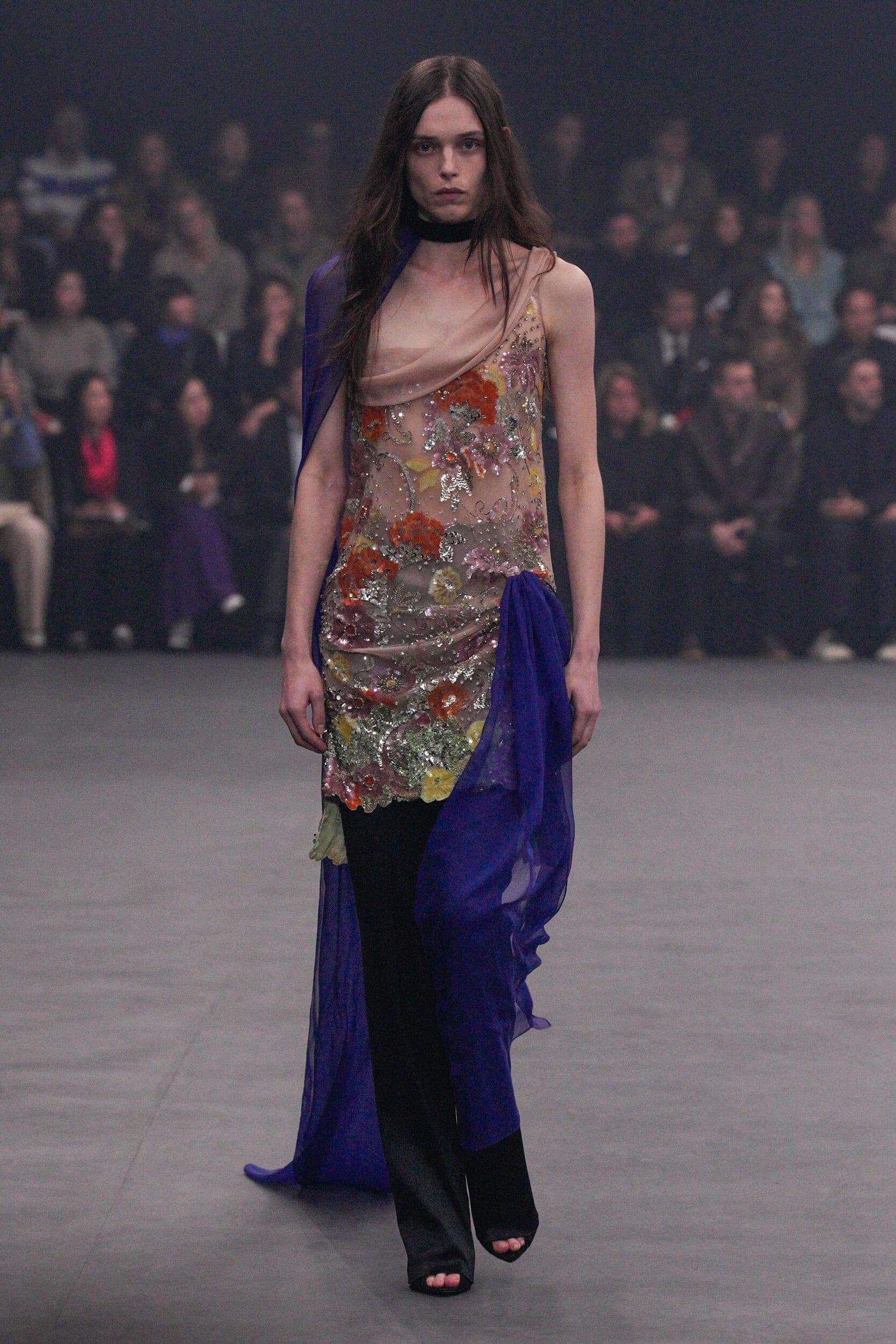
Two seasons in, Alessandro Michele’s Valentino has settled into something far more compelling than an aesthetic experiment — it’s a philosophical exchange. After a lush, exploratory debut, this collection arrived with a quieter conviction, suggesting a designer aware that repetition would invite skepticism. Instead, Michele pushed himself toward clarity. His hand remains unmistakable, but his message has matured: reverence over romance, composition over collage.
In many ways, Michele’s codes and Valentino Garavani’s original vision were always destined to converge. Both designers treat beauty as belief — ornament as emotion, and craft as a moral act. Valentino’s lace and embroidery once whispered refinement; Michele’s versions hum with symbolism, history, and care. Where Garavani sought glamour, Michele seeks grace — and in that shift lies the soul of this new Valentino. The palette, too, told the story: candlelight ivory, faded garnet, devotional golds. Each tone carried memory without nostalgia.
The silhouettes spoke softly but with conviction: bias-cut gowns gliding under structured jackets, lace veils paired with polished tailoring, intricate smocking meeting monastic drape. Michele has found communion with the atelier — less priestly than poetic. The collection asked, almost gently, whether fashion’s truest luxury might now be contemplation itself.
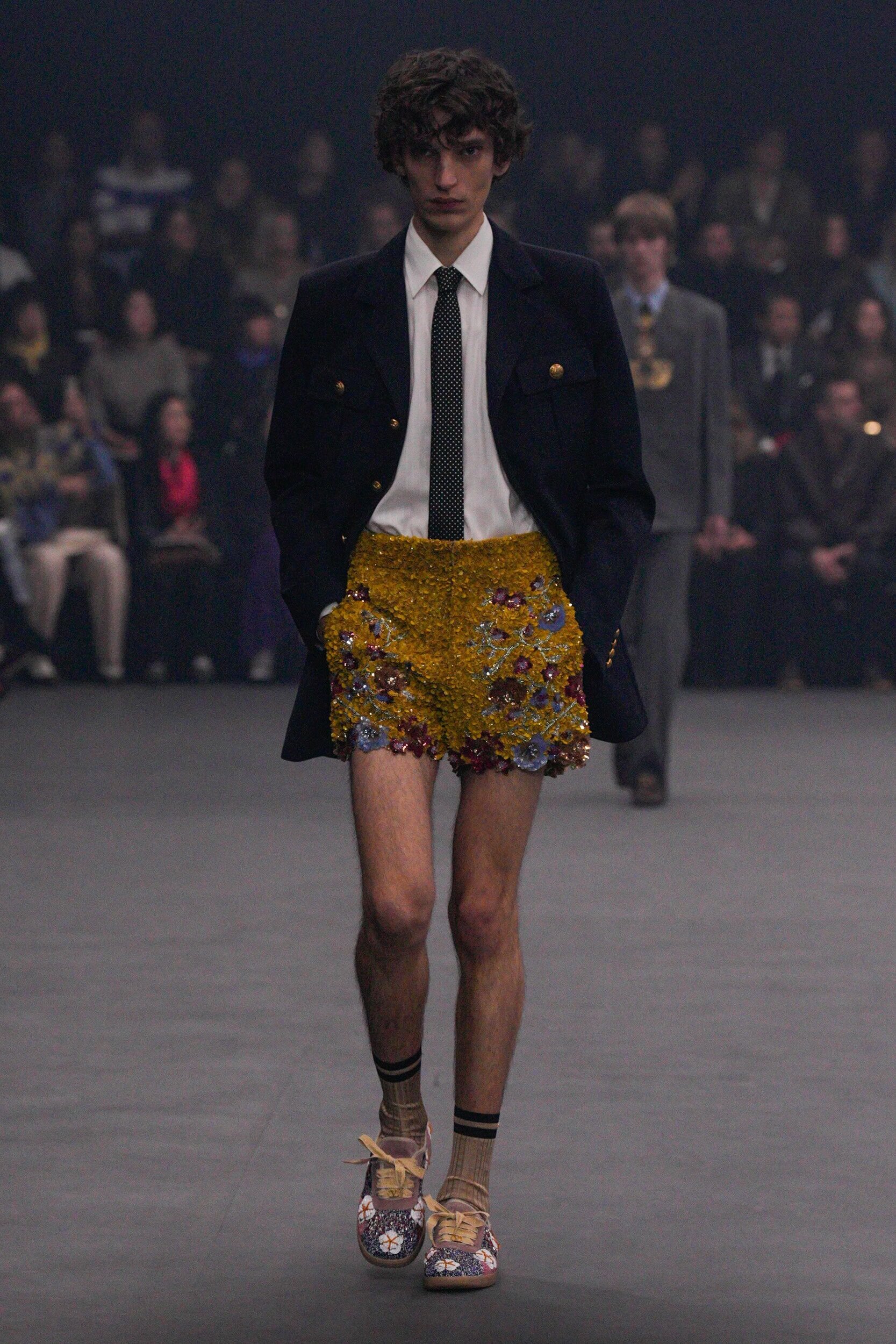
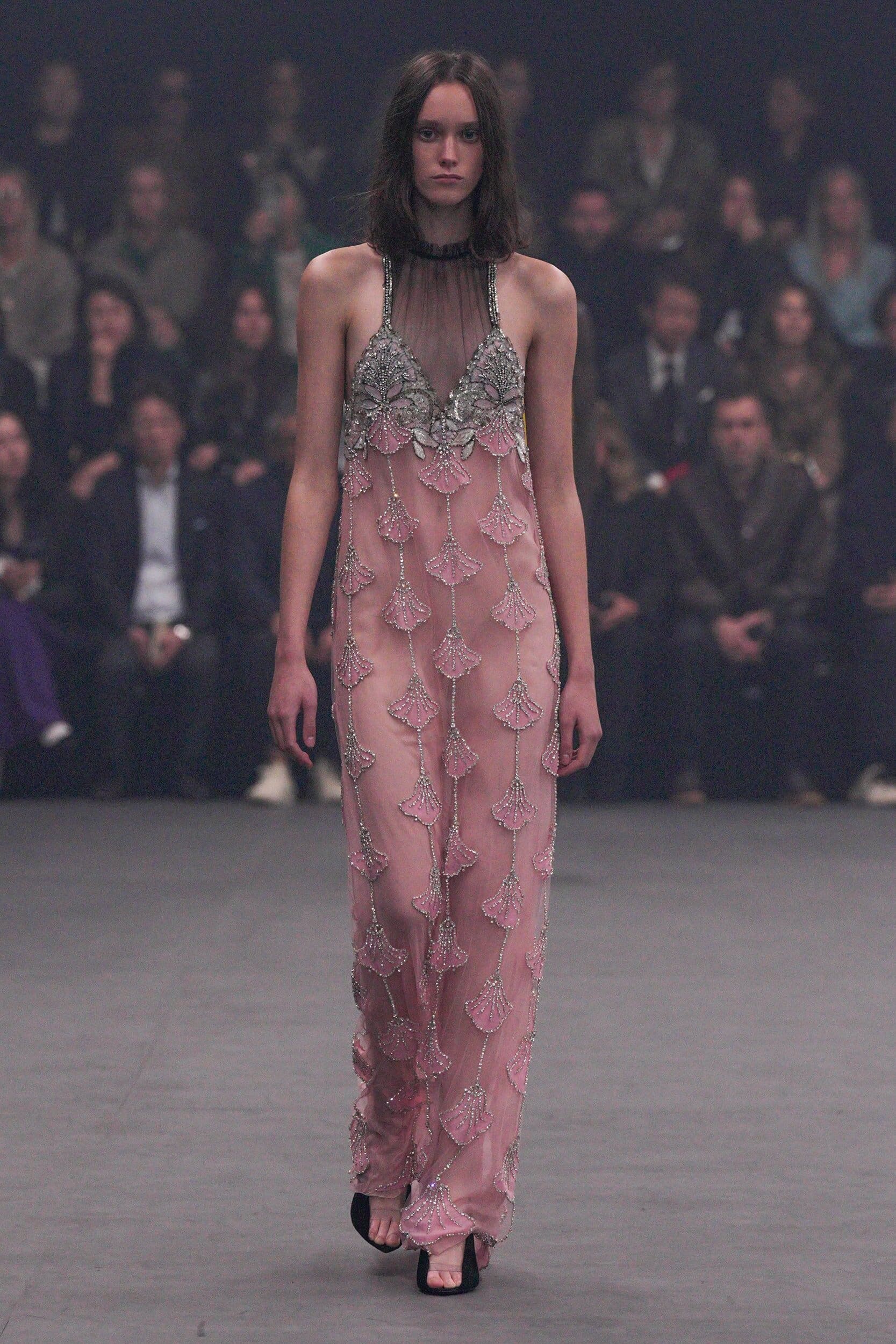
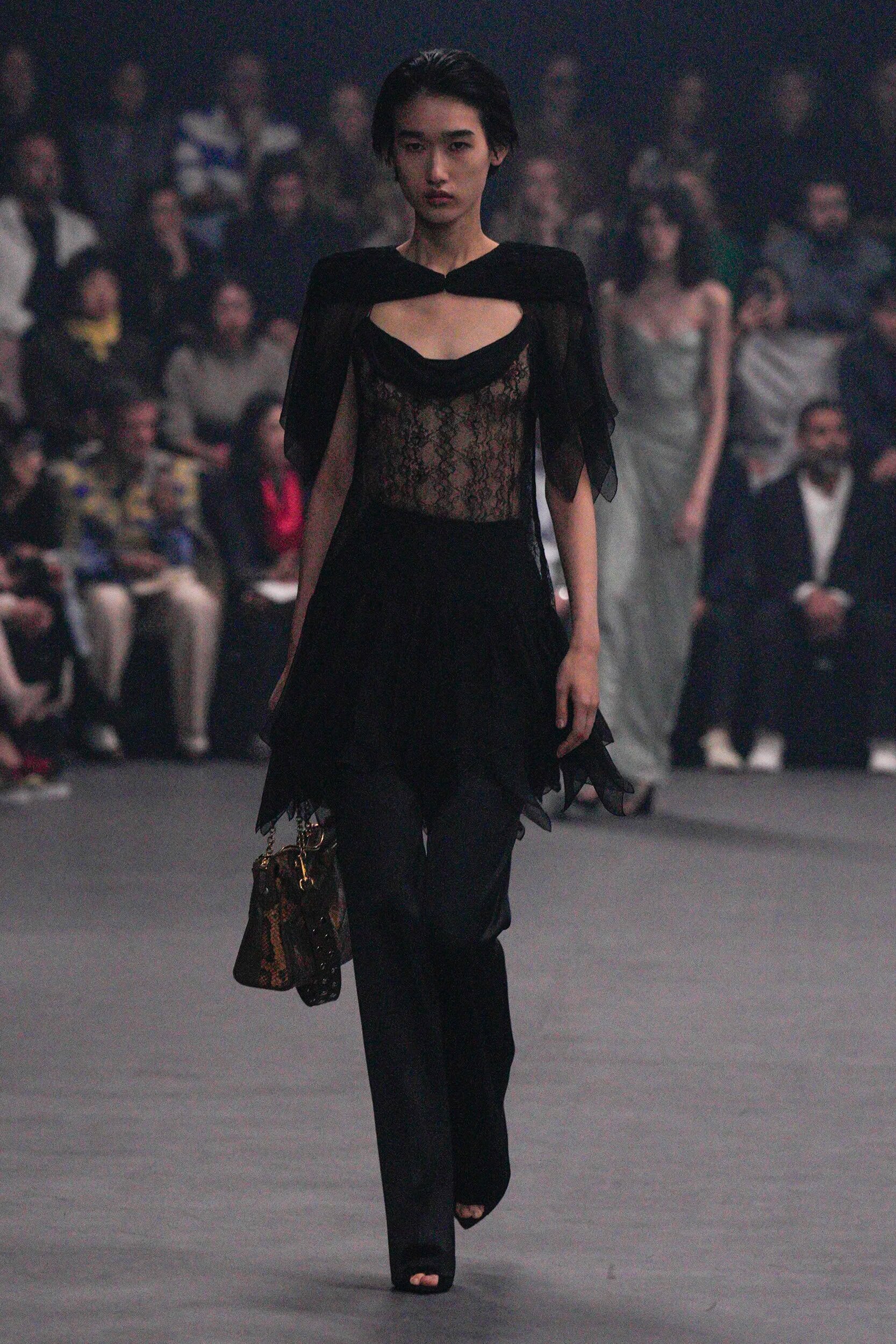
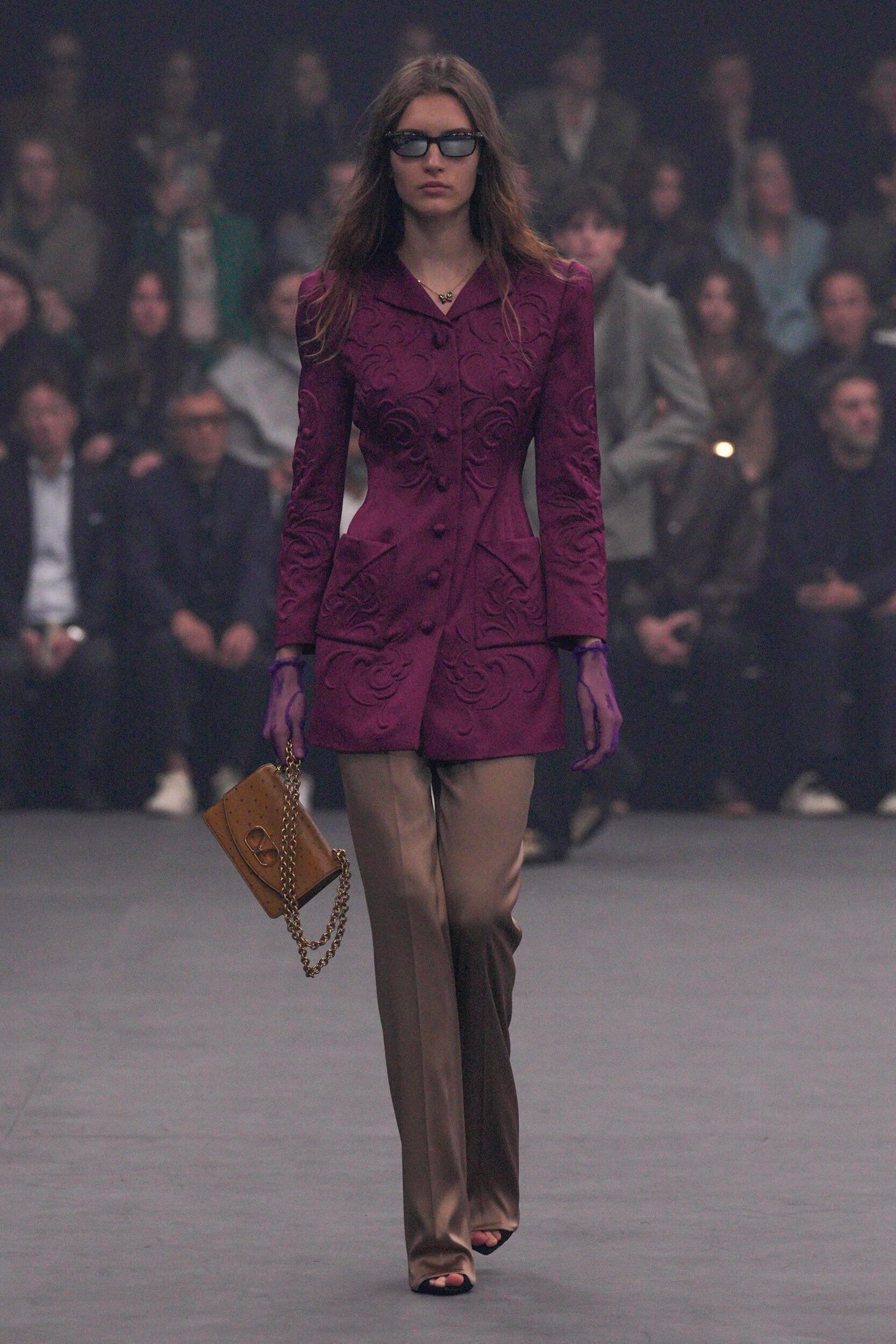
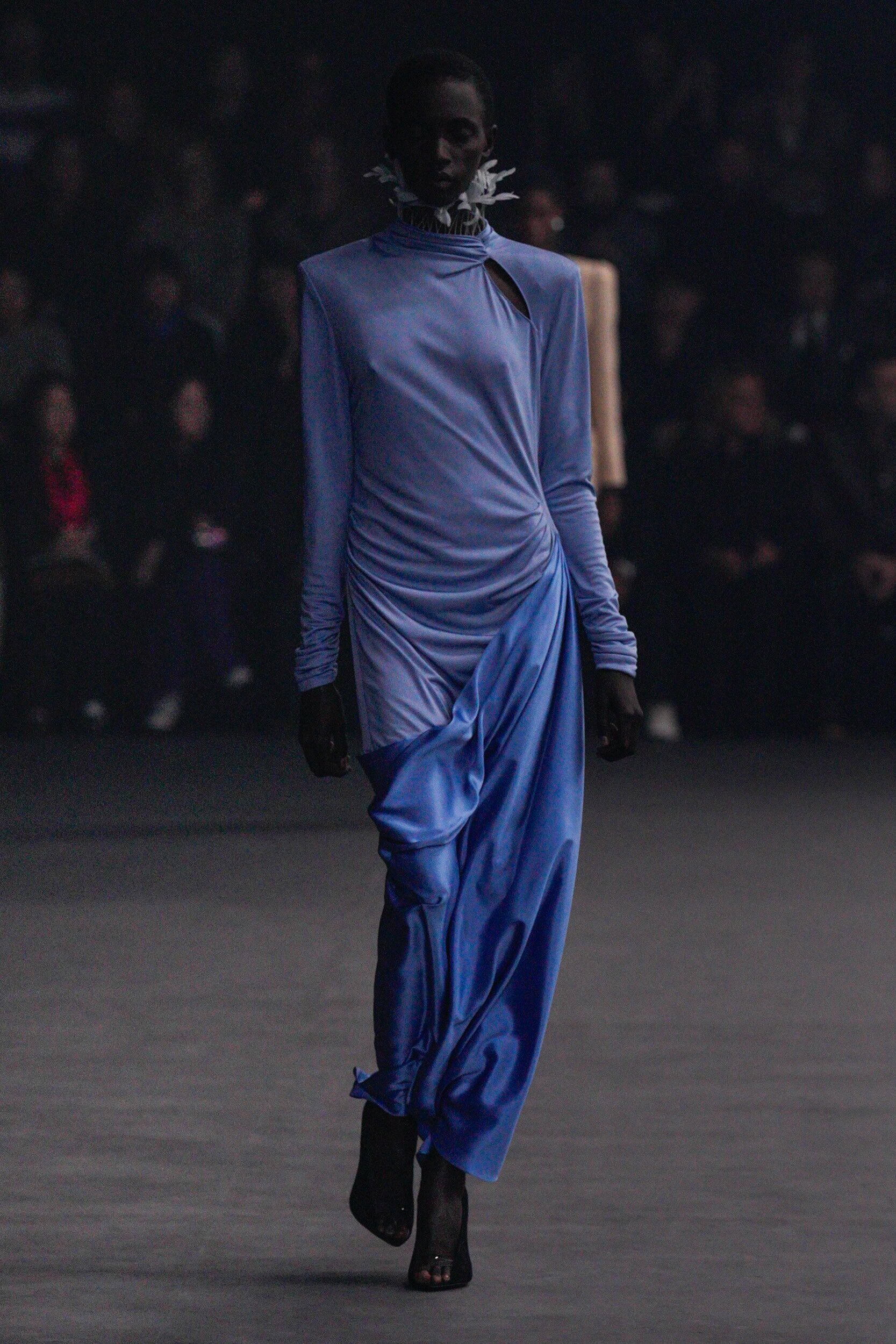
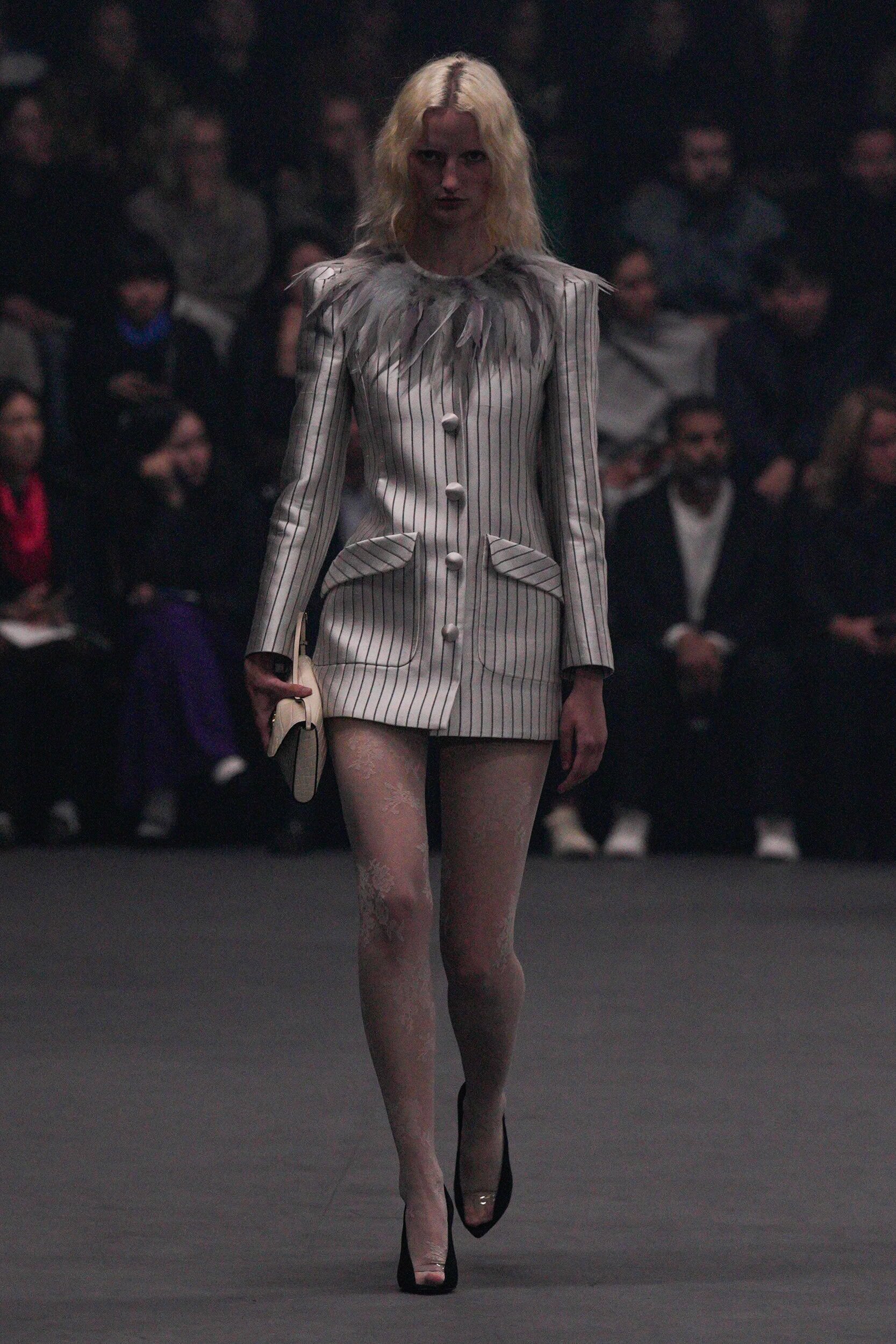
THE DIRECTION
THE WRAP UP
Michele’s collection marked a deepening of tone — still ornate, but inwardly so. This Valentino feels less like a transformation and more like a revelation: that Michele’s romanticism, when disciplined, shares a common faith with the house’s founder. Both believe in beauty as a form of devotion, and both find emotion in precision.
There was courage in his restraint. The excess has been edited, the storytelling refined. If his debut sought to prove belonging, this season explored what belonging means. Michele didn’t abandon his language; he translated it — into the idiom of Valentino, where feeling is sculpted into form.
What emerged was a collection with conviction, romanticism tempered by reverence. In learning Valentino’s language, Michele may have rediscovered his own.
